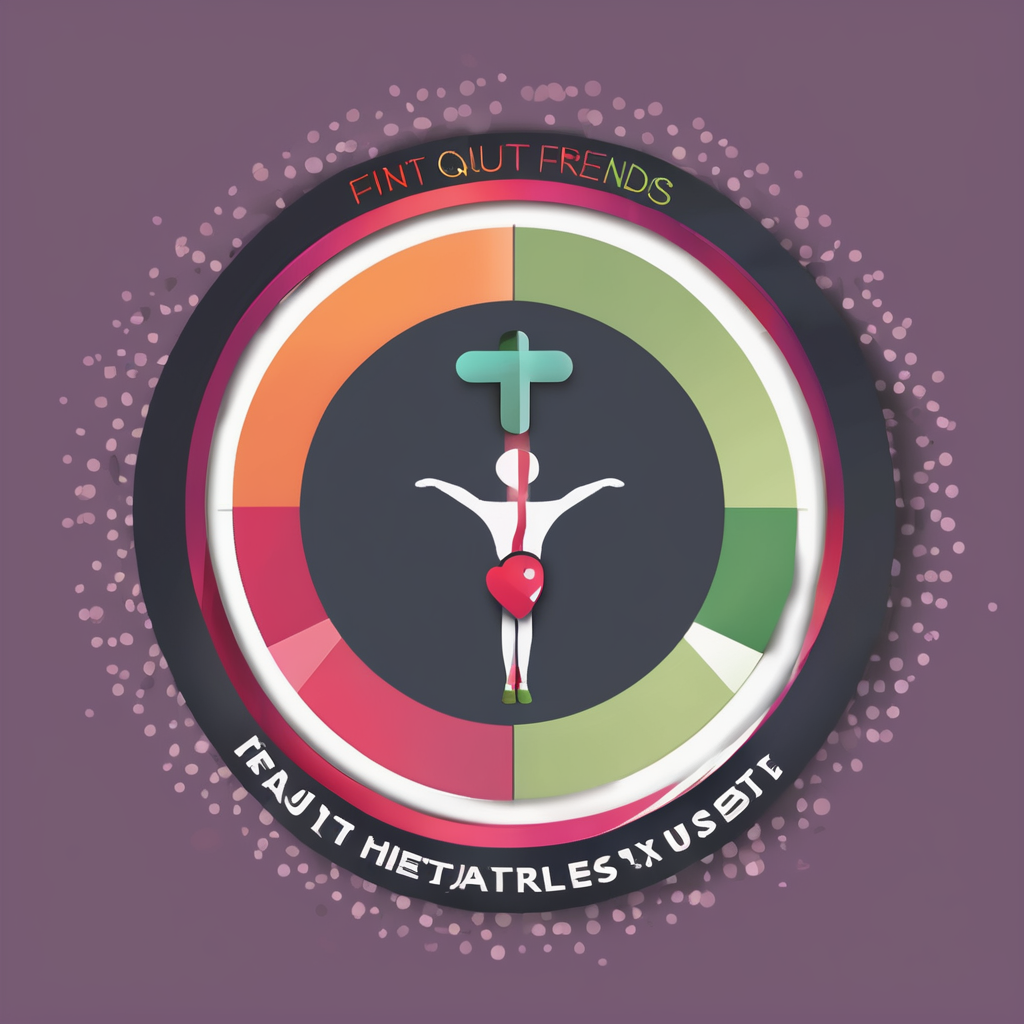Chronic pain affects millions in the UK, often leading to a reliance on pharmaceutical solutions that may not address the root issues. Exploring effective non-pharmaceutical approaches can provide holistic benefits for managing pain. Techniques such as mindfulness, physical therapy, and dietary changes empower individuals to reclaim their lives. This exploration aims to shed light on practical strategies, offering hope and tangible solutions for those battling chronic pain in a more sustainable way. Discover how these methods can transform your pain management journey.
Overview of Non-Pharmaceutical Approaches to Chronic Pain Management
Chronic pain is a significant concern affecting a large portion of UK adults. Exploring non-pharmaceutical pain management options can offer relief without the side effects associated with medications. These alternatives are vital as they provide diverse strategies tailored to individual needs, promoting a holistic approach to health.
Also read : Unleash Full-Body Fitness: How UK Indoor Climbing Gyms Boost Your Workout Potential
Non-pharmaceutical pain management involves a range of techniques designed to alleviate pain without medication. This includes physical therapies, cognitive behavioural therapy, acupuncture, and lifestyle changes. Each method focuses on reducing pain by addressing its underlying causes and improving overall well-being.
In the UK, chronic pain affects millions, impacting daily life and mental health. This prevalence highlights the need for effective management strategies. Non-pharmaceutical approaches offer a promising avenue for those seeking to manage their pain sustainably.
Also to discover : Boosting Motivation: The Impact of Group Fitness Classes on UK Residents
The benefits of exploring chronic pain alternatives are manifold. These methods can lead to improved quality of life, reduced reliance on medication, and enhanced physical and mental health. By adopting these strategies, individuals can take control of their pain management journey, finding solutions that best suit their unique circumstances.
Physical Therapy Techniques for Chronic Pain Relief
Physical therapy is a cornerstone in the treatment of chronic pain, offering a range of techniques to alleviate discomfort and enhance mobility. By focusing on movement and function, it addresses both the symptoms and the underlying causes of pain.
Types of Physical Therapy
Physical therapy encompasses various methods tailored to individual needs. Techniques include:
- Manual therapy: Hands-on techniques to manipulate muscles and joints.
- Exercise therapy: Customised exercises to improve strength and flexibility.
- Hydrotherapy: Water-based exercises that reduce strain on joints.
These techniques are designed to improve mobility and function, providing a comprehensive approach to pain management.
Evidence Supporting Physical Therapy
Numerous studies underscore the effectiveness of physical therapy in chronic pain management. Research highlights significant improvements in pain levels and quality of life for those undergoing therapy. Success rates vary, but many patients experience notable relief and enhanced daily functioning.
How to Access Physical Therapy in the UK
Accessing physical therapy in the UK can be done through the NHS or private clinics. The NHS offers referrals via GPs, though waiting times may vary. Private options provide quicker access but may incur additional costs. Both avenues offer qualified professionals dedicated to improving patients' well-being through targeted physical therapy interventions.
Mindfulness and Cognitive Behavioral Strategies
In the realm of pain management, mindfulness and Cognitive Behavioral Therapy (CBT) have emerged as powerful tools. These approaches focus on altering the perception and response to pain, offering individuals a sense of control over their discomfort.
Mindfulness involves being present and fully engaged with the current moment, without judgment. This practice helps individuals manage pain by reducing stress and enhancing emotional regulation. By acknowledging pain without reacting to it, mindfulness can decrease the intensity of pain experienced.
Cognitive Behavioral Therapy (CBT) is a structured, goal-oriented therapy that helps individuals identify and modify negative thought patterns and behaviours. In the context of pain management, CBT teaches coping strategies, enabling patients to break the cycle of pain and distress. Techniques often include relaxation exercises, cognitive restructuring, and problem-solving skills.
Research supports the efficacy of both mindfulness and CBT in managing chronic pain. Studies show that these methods can significantly reduce pain levels, improve mood, and enhance quality of life. Success stories abound, with many individuals reporting decreased reliance on medications and improved daily functioning through these strategies. Embracing these cognitive and mindfulness techniques can empower individuals on their pain management journey.
Complementary Therapies: Acupuncture and Massage
Exploring alternative treatments like acupuncture and massage therapy can be a valuable addition to chronic pain management strategies. These therapies offer unique approaches to alleviating discomfort and improving well-being.
Understanding Acupuncture
Acupuncture is an ancient practice involving the insertion of thin needles into specific points on the body. This technique aims to balance energy flow, known as "Qi," and stimulate the body's natural healing processes. Acupuncture is believed to release endorphins and interact with the nervous system, potentially reducing pain perception and inflammation.
Benefits of Massage Therapy
Massage therapy focuses on manipulating soft tissues to relieve tension and promote relaxation. It can improve circulation, reduce muscle stiffness, and enhance flexibility. For those dealing with chronic pain, massage therapy offers a non-invasive method to manage discomfort and improve overall quality of life.
Research and Evidence on Complementary Therapies
Clinical trials have investigated the mechanisms of action for acupuncture and massage in pain relief. Studies suggest acupuncture may alter brain chemistry and nerve conduction, while massage therapy can reduce muscle tension and promote relaxation. Evidence supports these therapies' effectiveness, highlighting their role in comprehensive pain management plans.
Lifestyle Changes and Self-Management Techniques
Adopting lifestyle changes can significantly impact chronic pain management. An essential aspect is diet and nutrition. A balanced diet rich in anti-inflammatory foods, such as fruits, vegetables, and omega-3 fatty acids, can help reduce pain and inflammation. Limiting processed foods and sugar is also beneficial, as these can exacerbate inflammation.
Exercise and physical activity play a crucial role in managing chronic pain. Engaging in regular, moderate exercise can improve strength, flexibility, and overall well-being. The NHS provides guidelines suggesting activities like walking, swimming, or yoga, which are gentle on the joints yet effective in pain relief.
For those seeking additional support, numerous resources for self-management are available in the UK. Organisations such as Pain UK and Versus Arthritis offer educational materials, support groups, and workshops to empower individuals in their pain management journey. These resources provide valuable insights into effective self-management strategies, helping individuals take control of their pain.
By embracing these lifestyle changes and self-management techniques, individuals can enhance their quality of life and reduce their reliance on medication. This holistic approach to chronic pain management offers a sustainable path to improved health and well-being.











